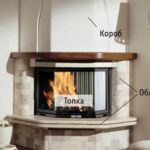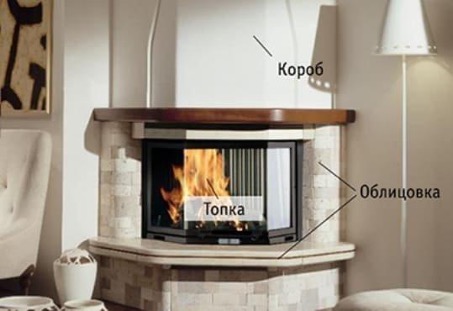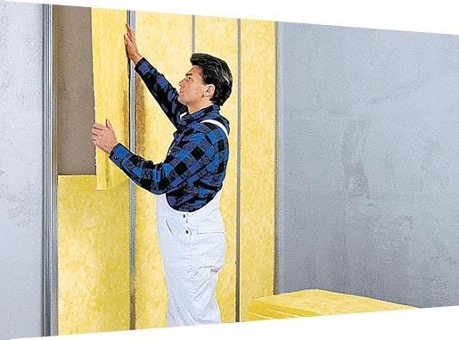Soundproofing walls and ceilings in a house with wooden floors: how to do it
The modern construction market offers many solutions to improve the comfort of living in private homes. One of the key aspects is the soundproofing of the wooden ceiling and walls. After all, it provides peace and tranquility in your home. Effective sound insulation of floors in a wooden house not only improves the quality of life. It helps maintain the health of residents by reducing the level of stress caused by extraneous noise.
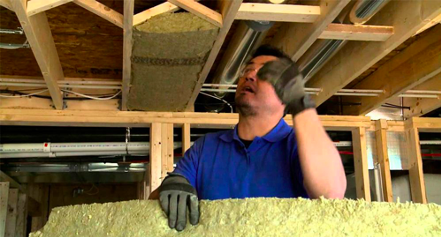
The content of the article
Features of sound insulation of wooden floors
Wood, being a light and porous material, naturally transmits sounds. This is especially true for low-frequency noise. This means that effective soundproofing of a wooden ceiling requires a careful approach. Here you need to take into account both the type of sound and the specifics of wooden structures.
The use of sand sound insulation in wooden structures may be one of the solutions. Sand has high density and the ability to absorb sound. This makes it ideal for use as a soundproofing layer. However, when using it, it is necessary to take into account the additional load on the structure. And this may require strengthening the floors.
Another option is sound insulation under plywood. It involves the creation of a multilayer structure. Plywood provides additional rigidity.And in combination with soundproofing materials, such as mineral wool or specialized boards, it creates an effective barrier to noise. This method requires precise calculations and professional installation. But the result will be a significant reduction in noise levels. At the same time, the lightness and aesthetics of wooden structures are preserved.
Soundproofing methods
To effectively soundproof the ceiling and walls in a house, you can use various materials and techniques. Here are a few main ones:
- Sand is an excellent soundproofing material due to its density and ability to absorb sound waves.
- Layering layers of plywood with soundproofing materials can significantly reduce noise penetration.
- Use of specialized soundproofing boards. These materials are designed specifically to reduce noise and are easy to install.
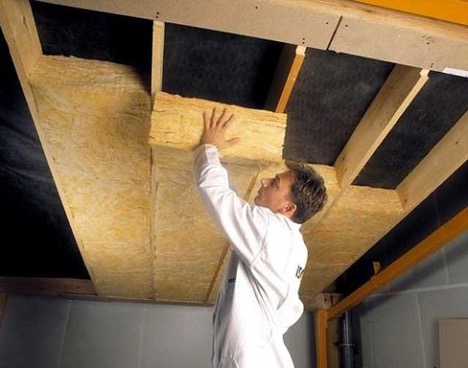
Advantages and Limitations
Effectively soundproofing the walls and ceilings of a timber-framed home creates a calmer, healthier environment. It also reduces noise levels from external sources and neighboring rooms. Homes with high-quality sound insulation of ceilings and walls often have a higher market value, making them more attractive on the real estate market.
Soundproofing floors in a wooden house helps create a quiet and peaceful atmosphere, which is especially important in urban environments.
At the same time, complete soundproofing of the ceiling and walls in a wooden house can be expensive due to high prices for high-quality materials and professional installation.
The process of installing soundproofing may require significant construction work, which may be inconvenient for residents.
The use of heavy materials, such as sound insulation with sand, increases the load on wooden floors, requiring additional calculations and strengthening of structures.
The following approaches can be used to reduce restrictions:
- Research the market to find more affordable yet effective soundproofing materials.
- Carry out soundproofing work gradually to reduce the financial and time burden.
- Consider do-it-yourself installation for certain types of soundproofing work if you have the necessary skills.
- Get professional advice on choosing the best materials and installation methods, taking into account the features of your home.
Taking into account these advantages and limitations, you can effectively plan the process of soundproofing the ceiling and walls in a private home, achieving the optimal balance between cost and comfort.
What you shouldn't save on
When implementing a soundproofing project in a wooden house, it is extremely important not to skimp on the quality of materials and the professionalism of the workers. Choosing poor quality soundproofing materials can result in ineffectiveness of the entire system, resulting in continued noise intrusion and the need for additional work to improve insulation. Therefore, investing in high-quality materials, such as specialized soundproofing boards or effective sound-absorbing materials, is key to the long-term effectiveness and durability of soundproofing.
Additionally, the importance of professional installation cannot be ignored. Incorrect installation, even of the highest quality materials, can negate all soundproofing efforts.Professional builders and installers with experience working with soundproofing wooden ceilings and walls know the subtleties and nuances of installation that will ensure maximum efficiency of the system. Therefore, choosing qualified specialists to carry out the work is an investment in the quality and reliability of the sound insulation of your home.
Conclusion
Proper soundproofing of the ceiling in a private home significantly improves the quality of life. The choice of methods and materials should be based on the characteristics of the home and individual preferences. You should not skimp on materials, since high-quality soundproofing of the ceiling in a wooden house is an investment in your peace of mind and health.

